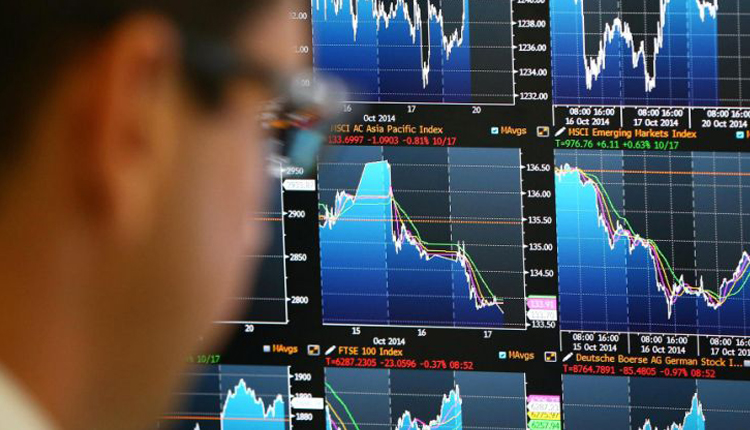European markets closed marginally higher Wednesday afternoon, amid elevated tensions between the U.S. and China over looming trade tariffs and investment restrictions.
The pan-European Stoxx 600 edged up 0.04 percent during the day’s deal-making, with a slim majority of sectors in positive territory.
The FTSE 100 in London and Germany’s Xetra Dax closed lower while the French CAC 40 managed to eke out a small gain.
Trading volumes were lighter than usual because U.S. financial markets were closed for the Independence Day holiday.
Europe’s technology stocks led the losses, down more than one percent after a slide in U.S. chip makers overnight. U.S. peer Micron was banned from selling chips in China late Tuesday, as heightened fears over trade frictions prompted a slump in global tech shares.
Europe’s STMicroelectronics and Siltronic were the worst sectoral performers, down over 3 and 7 percent respectively.
Looking at individual stocks, French healthcare company Orpea rose towards the top of the European benchmark after HSBC raised its stock recommendation to “buy.” Shares of the Paris-listed company ended up 2.06 percent on the news.
Meanwhile, shares of Danske Bank dipped 2.01 percent after Danish daily newspaper Berlingske cited new data in an Estonian money laundering legal case.
Gold hit a one week high on Wednesday helped by a softer dollar. The U.S currency fell versus the euro and the yuan, with the Chinese currency continuing its recovery from recent 11-month lows.
Britain’s dominant services industry gained momentum last month, ramping up expectations that the country’s central bank could soon raise interest rates.
The IHS Markit services Purchasing Managers’ Index (PMI) rose to an eight-month high of 55.1 in June, further supporting recent signs of the U.K.’s tentative economic recovery.
Elsewhere, Germany also recorded robust growth in its services sector. Markit’s final services PMI rose to 54.1 in June, climbing to its highest level in four months.
Market focus is largely attuned to the ongoing U.S.-Sino trade row, with investors concerned that the dispute could soon derail a rare period of synchronized global growth.
At the end of the trading week, Washington is set to impose tariffs on $34 billion worth of goods from Beijing. China is then expected to respond with charges of its own on U.S. products.
Source: CNBC


